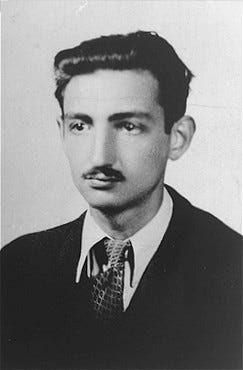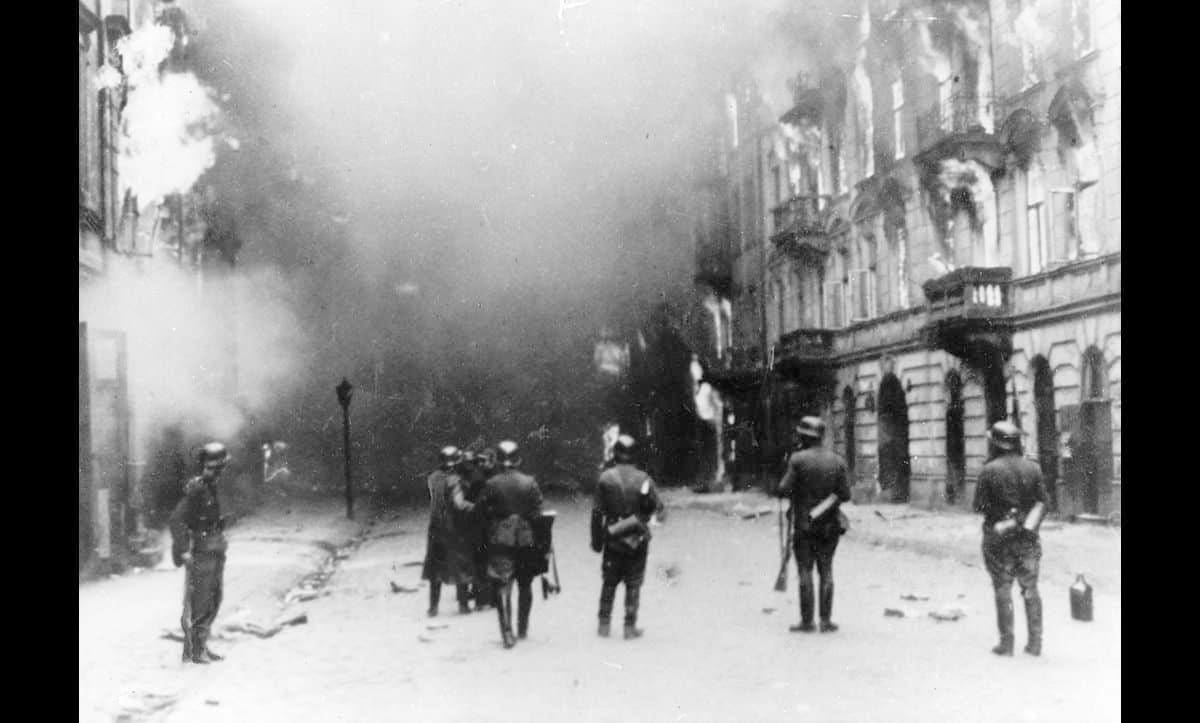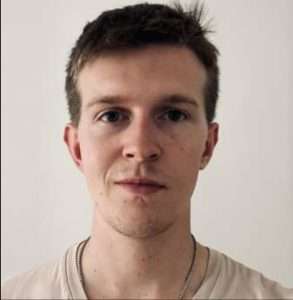John Wight: Is Israel capable of a holocaust on the Palestinians?

The old saw which holds that “Those who fail to learn the lessons of history are doomed to repeat it,” has never held more relevant than now, over these past few weeks during which unremitting death and destruction has been visited upon the people of Gaza by the Israel Defence Forces in response to Hamas’ incursion into southern Israel on October 7 and its devastating result in terms of Israeli casualties and the hostages taken.
The mantra that the Hamas offensive operation on October 7 was unprovoked is an ahistorical absurdity. Confining 2.3 million people to the misery of existence on a latter day reservation for seventeen years is the very definition of a provocation. Routinely bombing and killing them over that time is a provocation. Controlling what goes and what comes out is a provocation. Illegal settlements expansion across the West Bank is a provocation. The decades-long occupation of the West Bank is a provocation. The Nakba remains a provocation.
The violence unleashed by Hamas was ugly in the extreme. But an ugly occupation, siege and oppression does not give rise to a pretty resistance. Of this, history is in no doubt. Vietnam, Algeria, Angola, Ireland, Nicaragua, El Salvador — the experience of each has been of the violence of the colonised being but a pin prick compared to the violence of the coloniser.
READ: Nida Khan: Biden has lost the US Muslim vote
Which brings us back to the main point: the alarming synonym that has hovered into salutary view when it comes to Hitler’s structural oppression of the Jews of Germany in the 1930s and Netanyahu’s structural oppression of the Palestinians now. With this in mind, what should never be forgotten is the Nazi Holocaust came as the murderous culmination of what was a process of dehumanisation, othering, apartheid, economic and political oppression over a ten-year-period of the Nazis being in power.
When it comes to the Palestinians, back in 2008 we were provided with a chilling reminder by then deputy defence minister of Israel, Matan Vilnai, that in the mind of the coloniser — in the context of a settler-colonial project — the colonised are but an obstacle to the purity of an ethnonationalist Nirvana.
Vilnai:
The more Qassam [rocket] fire intensifies and the rockets reach a longer range, they will bring upon themselves a bigger shoah because we will use all our might to defend ourselves.
Compare and contrast with the following statement from one Joseph Goebbels, minister of propaganda for the German Third Reich, in 1943:
They [the Jews] chose to wage war against us. But that war is turning against them. When they planned a war to totally destroy the German nation, they signed their own death warrant.
Marek Edelman (1919–2009) was a Polish Jew and member of the socialist Jewish Bund. The Bund was established in 1917 to fight European antisemitism and agitate for the rights and the autonomy of Jewish workers. It was ardently opposed to Zionism, against which across Eastern Europe, within Jewish communities, it competed for the hearts and minds of the working class.

Marek Edelman
Edelman’s legacy is one of pristine heroism in the struggle against the Nazis. He was a co-founder of the Jewish Combat Organisation (ZOB) during the Nazi occupation and played a lead role in Warsaw Ghetto Uprising of 1943. Edelman was among the uprising’s survivors, escaping the Ghetoo throw the sewers, and went on to join the Polish Home Army resistance movement. In this role he played an active part in the Warsaw Uprising against the Nazis in 1944.
He survived the war and went on to become a leading figure in the Jewish anti-Zionist movement, drawing parallels with the oppression and brutality he experienced as a Jew at the hands of the Nazis and the treatment of the Palestinians at the hands of the State of Israel.
Edelman:
To be a Jew means always being with the oppressed and never with the oppressors.
In just this short statement, Edelman presents us with the classic question surrounding the is/ought philosophical conundrum. Should our starting point when it comes to the navigation and direction of human affairs begin from what ‘is’ or what ‘ought’ to be?

Warsaw Ghetto Uprising, 1943
In the context of the Nazi holocaust, those fortunate enough to survive emerged from the death camps grappling with this very question. The conclusion that this is never going to happen to the Jewish people ever again collided with the conclusion that this ought never to happen to anyone, to any people, again.
The State of Israel in its current ethno-religious and apartheid form is the intellectual child of the primary of ‘is’, while the ‘ought’ alternative is the ideological and political ground upon which Marek Edelman and his co-thinkers and comrades stood.
READ: Martin Jay: Biden needs a Gaza ceasefire, if only to save himself
The seeds of Israel’s brutality meted out to the Palestinians were planted in the idea that of the two, being the oppressor is better than being the oppressed. This is a Hobbesian choice which leaves no room for a third alternative — namely to be neither.

Netanyahu talking to Israeli military commanders, 2023
As these words are being written Israel continues to wreak devastation and death on the Palestinians of Gaza, and also increasingly on those living in the occupied West Bank. Since the extreme right wing coalition, led by Netanyahu, came into office, there has also been a sharp uptick in Israeli settler violence.
As things stand, justice for the much maligned and long suffering indigenous people of Palestine has never seemed further away. On the other hand, an Israeli Holocaust has never been closer.
Let no one ever make the mistake of believing it could never happen again. It could.
The author is a writer and commentator and can be found on medium where this article was originally published
Want to chase the pulse of North Africa?
Subscribe to receive our FREE weekly PDF magazine














